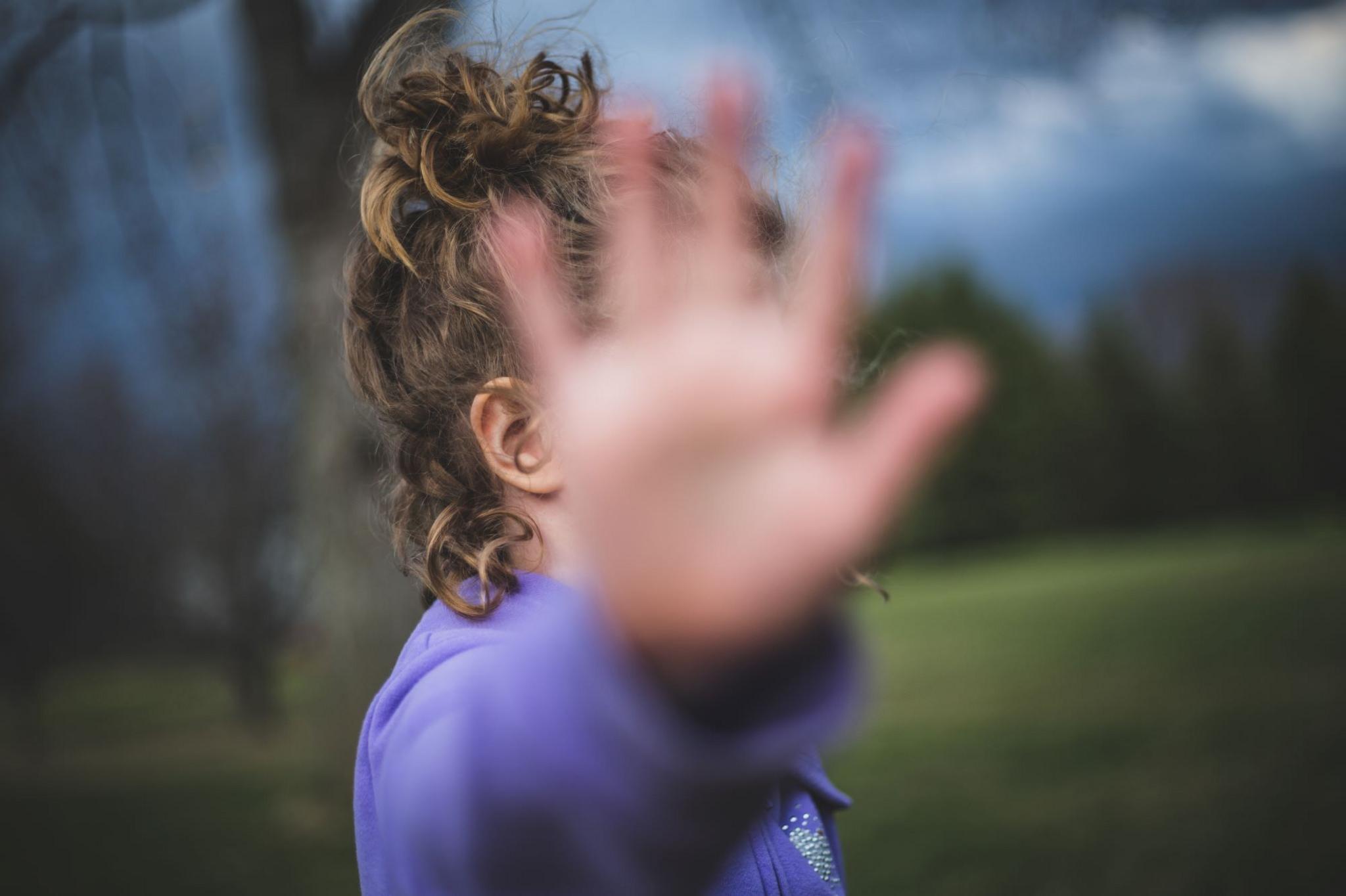Bereaved families call for change in anonymity law
Bereaved mother calls for change in anonymity law
- Published
More than 60 bereaved families have signed an open letter calling for a change in the law to protect child victims of murder.
The letter, issued by Victim Support Scotland (VSS), calls on First Minister Humza Yousaf and Justice Secretary Angela Constance to grant automatic anonymity to child victims of murder.
The letter also calls for the removal of content that can identify children who have died as a result of crime, with families given the right to waive anonymity later if they choose.
The Scottish government said it would consider the matter further.

Charity, Victim Support Scotland, said children who had died as a result of crime should have the same rights as living victims
A mother who lost her child to murder said children should not lose their rights when they died as a result of crime.
Siblings of victims should also be protected, VSS says, and given right to anonymity.
The mother, who wishes to remain anonymous, said that after her child died every detail of their life and their siblings' lives were put in the public domain.
She told BBC Scotland News: "The details that are out there...they’re horrible…horrendous .It completely puts you into turmoil. It turns your world upside down and that’s just the loss of your child.
"You add the media intrusion on that, you add the constant details that are out there...you’re never not going to forget that. That will always be in your mind.
"You will always know those details but what gives the world the right to know that? Why should everyone have to know those details about your child?"
Victim Support Scotland is calling for the following changes:
Extend the current legislation regarding anonymity to include children who have died as a result of crime, to protect the victim's brothers and sisters where they are also children
Extend the current legislation so that content already available that identifies a child who has died as a result of crime can be removed
Provide a way families can choose to waive their right to anonymity if they later decide to name their loved one
She added: "When my child died, it wasn’t a case of when the trial started that’s when it became really difficult, because the media attention then was from day one. It was constant.
"I had it described to me as a boxing match. You’re hearing all these details in court and in my case there was some areas that I stayed out of.
"I didn’t want to know some details in certain areas but despite the fact whether I chose not to, I was still forced to know what happens…it all ends up in the media. Nothing is protected from the media. Nothing at all."
'Right to a childhood'
Currently, under Scottish law, children who have died as a result of crime and who are under the age of 18 lose their right to anonymity.
VSS said this can cause significant trauma for families during criminal trials with excessive details published about the crime often including sexual elements.
Kate Wallace, chief executive of Victim Support Scotland, said the charity believed victims should be given the same rights and protections as a living child victim of assault.
She said: “People affected by crime consistently tell us about the impact on them and their children and the volume of detailed information available publicly following the death of a family member.
“Surviving siblings of these victims have a right to a childhood. They have a right to a private, family life.
"We are calling on the Scottish government to do better by affording an automatic right to anonymity to children and young people who die as a result of a crime, so that their surviving siblings can live their lives free of unnecessary intrusion.
“I urge Humza Yousaf, Angela Constance and the Scottish government to take action, listen to families who have lost loved ones to murder, and offer better protection to all children connected to these cases.”
A Scottish government spokesperson said:
“Ministers extend their sympathies to any family who has lost a child as a result of crime, and the Scottish government is committed to considering in more detail the complex issue of child anonymity in these terrible circumstances.
“We will continue discussions with victim support organisations and others as we consider the matter further.”